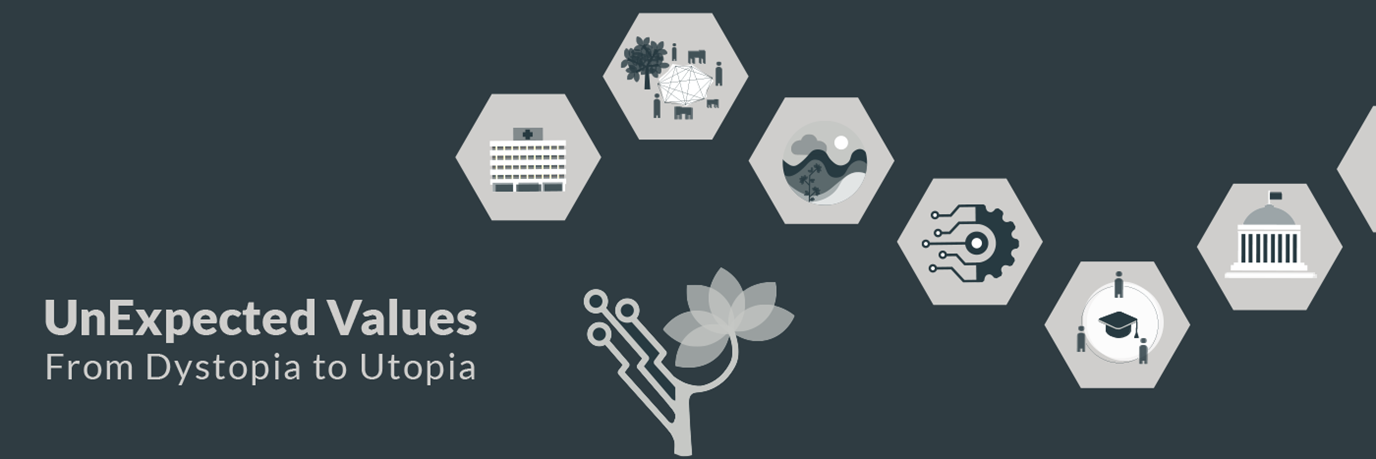Policy advisor: Whose waste, whose voice?

Context:
You are considering a participatory project proposal where students and faculty would partner with local recycler cooperatives. The alternative is a private-sector partnership that promises efficiency.
Dilemma:
A) Recommend the participatory model. This path prioritizes community empowerment and offers students a hands-on learning experience. However, it is a slower, more resource-intensive process.
B) Recommend the private-sector partnership. This promises an efficient and financially stable solution. However, it risks a less equitable outcome for recyclers.
Story behind the dilemma:
This Brazilian initiative tackles the systemic marginalization of informal waste recyclers by transforming their work into organized, dignified livelihoods. The project helps recyclers form cooperatives to bypass exploitative middlemen, sell materials directly to industry, and gain policy influence. Through participatory research methods like community mapping and video workshops, it builds recyclers' capacity in digital literacy, financial management, and collective commercialization.
A unique university-community-government partnership governs the project, fostering inclusive waste policies while improving incomes and working conditions. Key achievements include: establishing a women-run microcredit fund, creating a global waste database, and producing advocacy materials like the documentary Beyond Gramacho. During economic crises, the cooperatives proved more resilient than individual recyclers.
The project demonstrates how participatory approaches can turn waste pickers into recognized environmental agents while advancing theories of solidarity economies. By documenting recyclers' struggles and successes, it challenges stereotypes and creates scalable models for sustainable waste management that center worker dignity.

